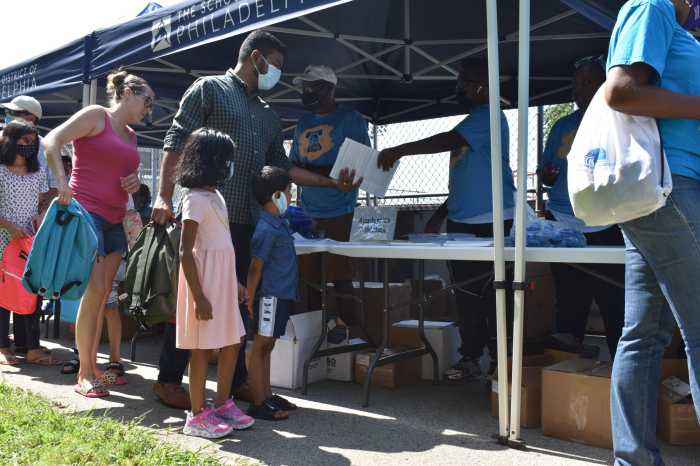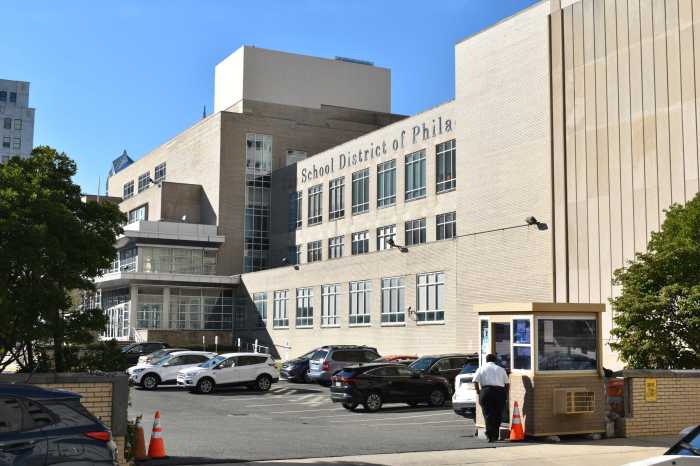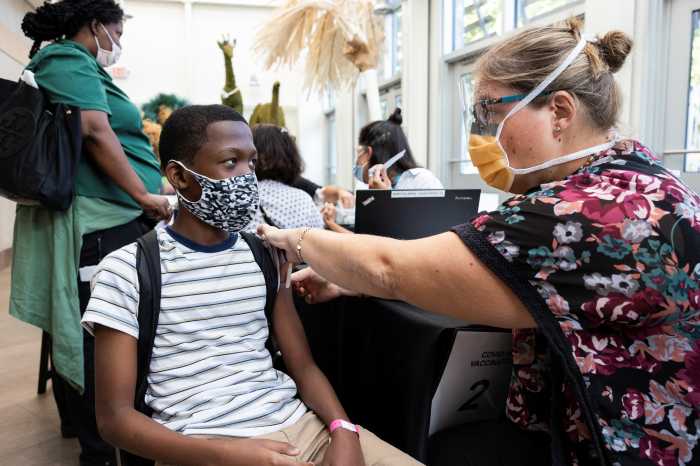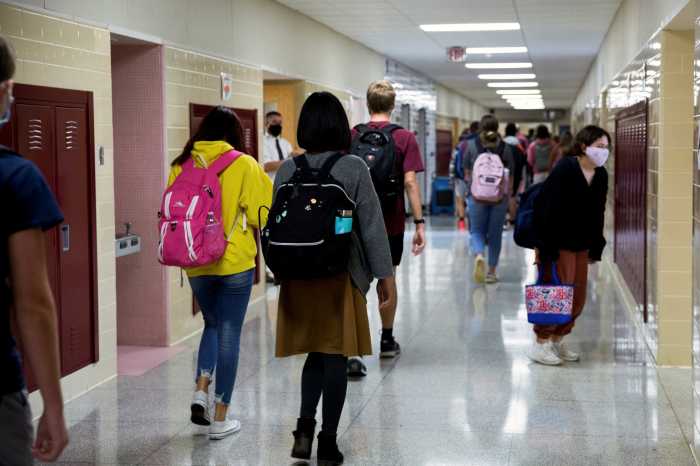Ashley Pollard is beginning to circulate her pitch.
Her idea is that the city of Philadelphia should have a dedicated employee coordinating environmental responses to gun violence, examining the impact of places like parks and playgrounds.
Pollard, who serves as the digital inclusion manager in Mayor Jim Kenney’s administration, developed the concept as a participant in the Surge Academy, a six-month free fellowship designed to support Black and brown leaders in youth-serving roles.
Surge recently expanded to Philadelphia, and the nonprofit is seeking to recruit 16 to 18 people for its second local cohort. Applications are being accepted until July 21.
Fellows will meet virtually every month beginning in October to connect and hear from high profile leaders of color. Three multi-day retreat-style gatherings will also be held.
“The goal of the academy is about reclaiming our leadership narrative and embracing our racial and ethnic identities as a part of who we are,” said Andrea Black Evans, the program’s executive director. “To see your identity as a powerful tool to make a difference in the community.”
Applicants must be African American or Hispanic and work in education or for an organization serving youth. They should also have a bachelor’s degree and at least six years of job experience.
“We’re also looking for individuals who really want to make an impact,” Evans told Metro. “These are people who believe in the communities that they serve. They believe in Black and brown children.”
Surge does not charge the fellow or their employer. Spring Point Partners and Comcast are funding the initiative.
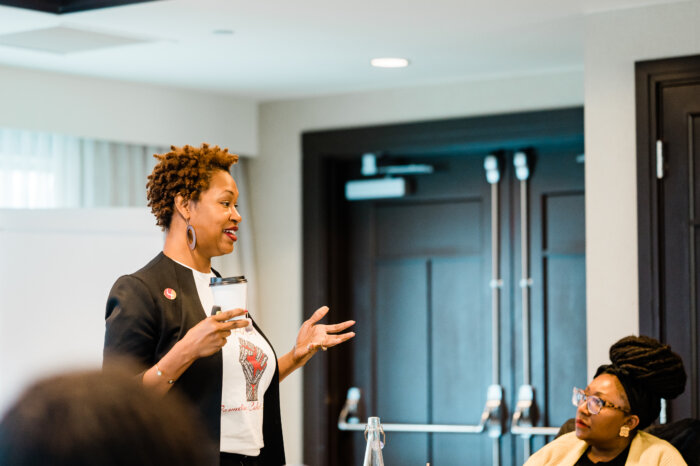
Evans said the fellowship attracts a wide variety of people. The first group, which recently graduated, included teachers, nonprofit leaders and administrators in public, private and charter schools.
“I feel like this is a good opportunity for folks who, maybe they have an idea in their head or they’re dissatisfied by the status quo,” Pollard said. “The Surge process and cohort really was a great way to bring those ideas to life in a supported way.”
Once the sessions conclude, participants remain in touch with each other and with those involved with Surge programming across the country to “become a part of an overall national push to do what’s best for Black and brown children across this nation,” Evans said.
Surge, which is based in Chicago, also runs fellowships in Kansas City, Indianapolis, Las Vegas and Washington, D.C.
Research has consistently shown the positive effects that teachers of color have on Black and brown students; however, disparities persist. In Philadelphia public schools, less than 27% of educators and counselors are Black or Hispanic, compared to around three-quarters of the students, according to district data.
“This is not one of those circumstances where this is just a feel-good organization,” Evans said. “There’s a real need for what we’re doing in Philadelphia.”
Surge Academy is holding an in-person recruiting event June 15. For more information or to apply for the fellowship, go to surgeinstitute.org/academy.




